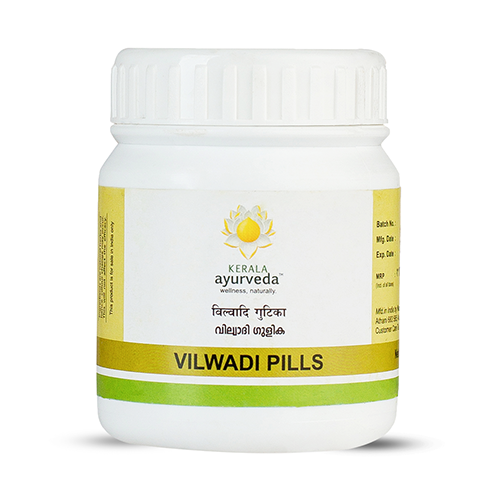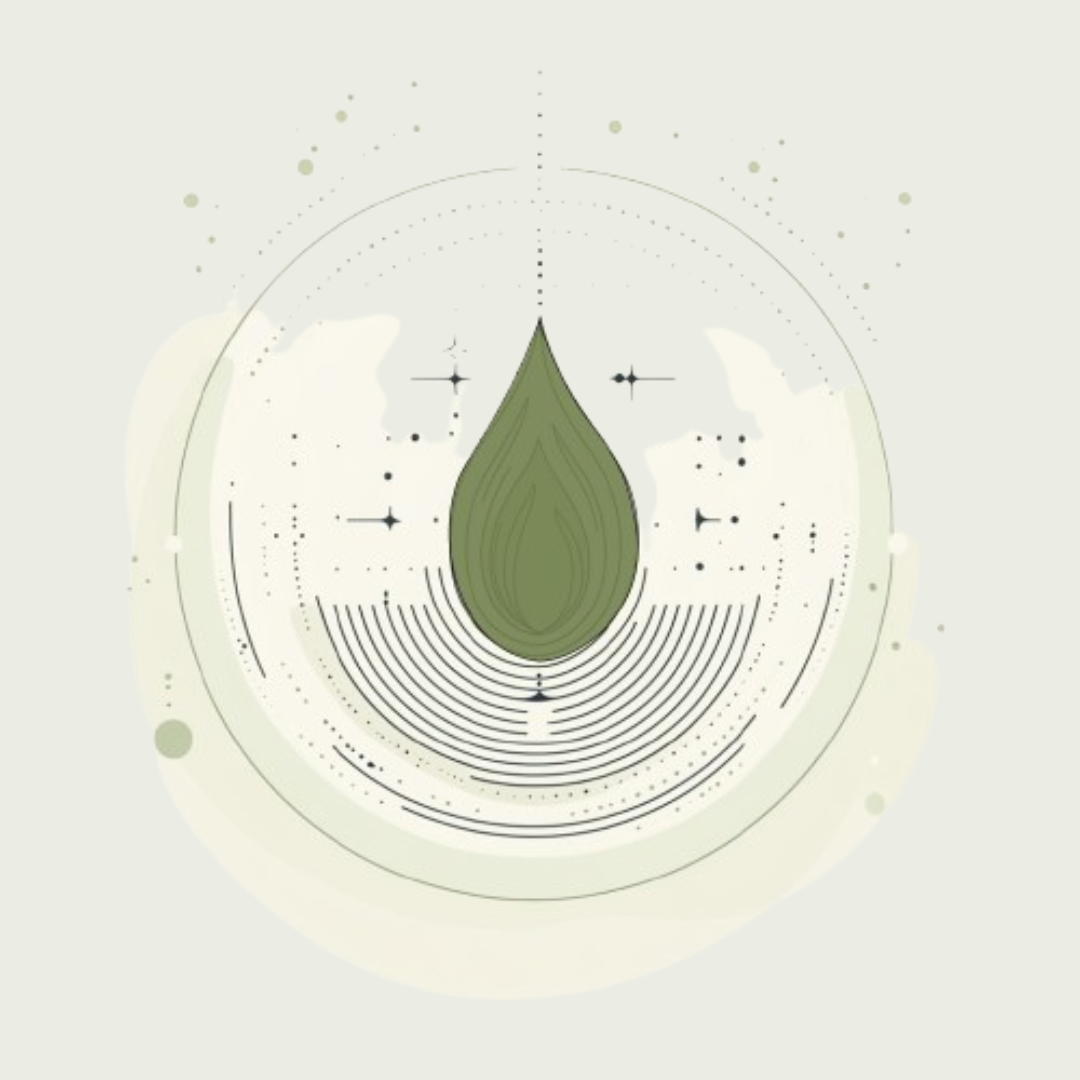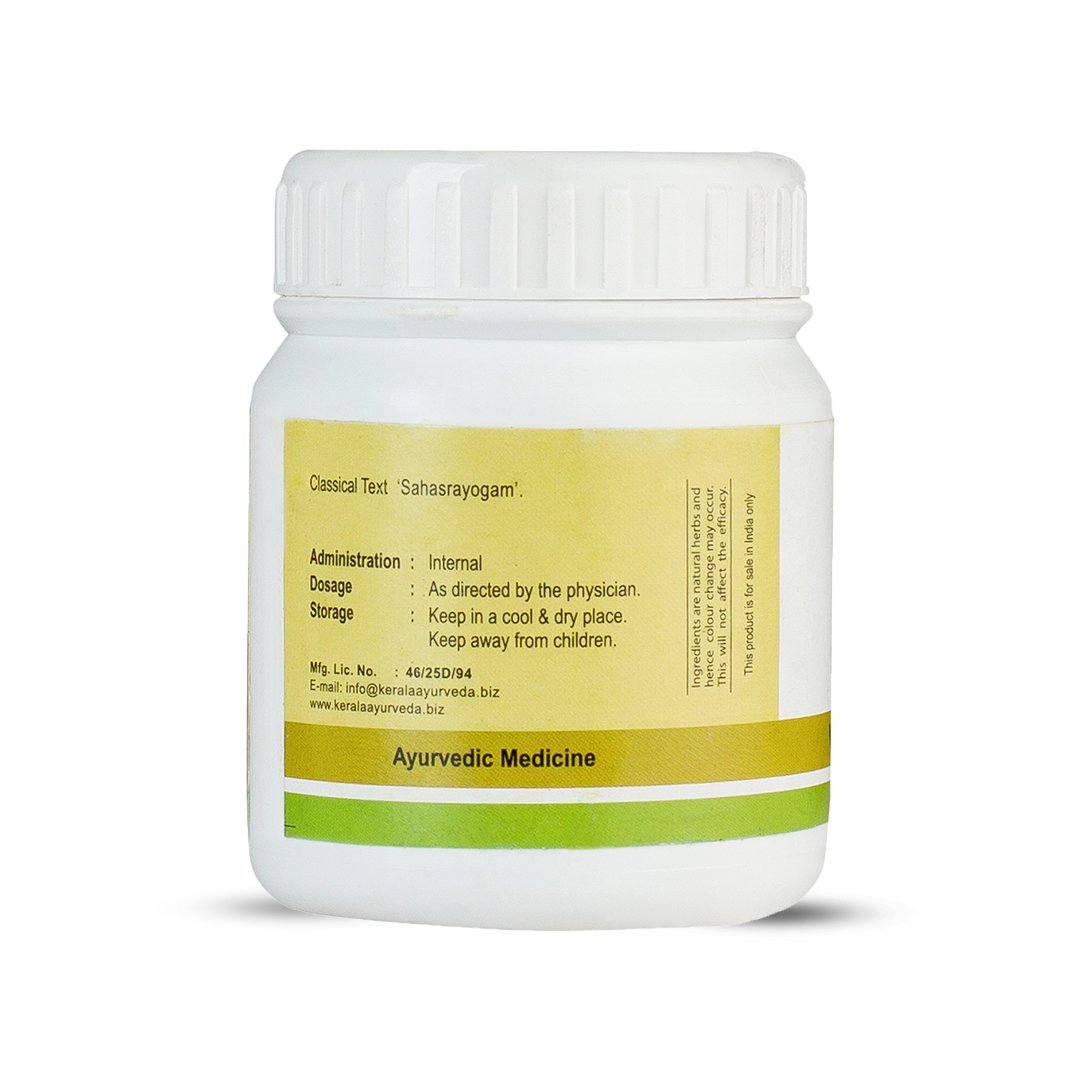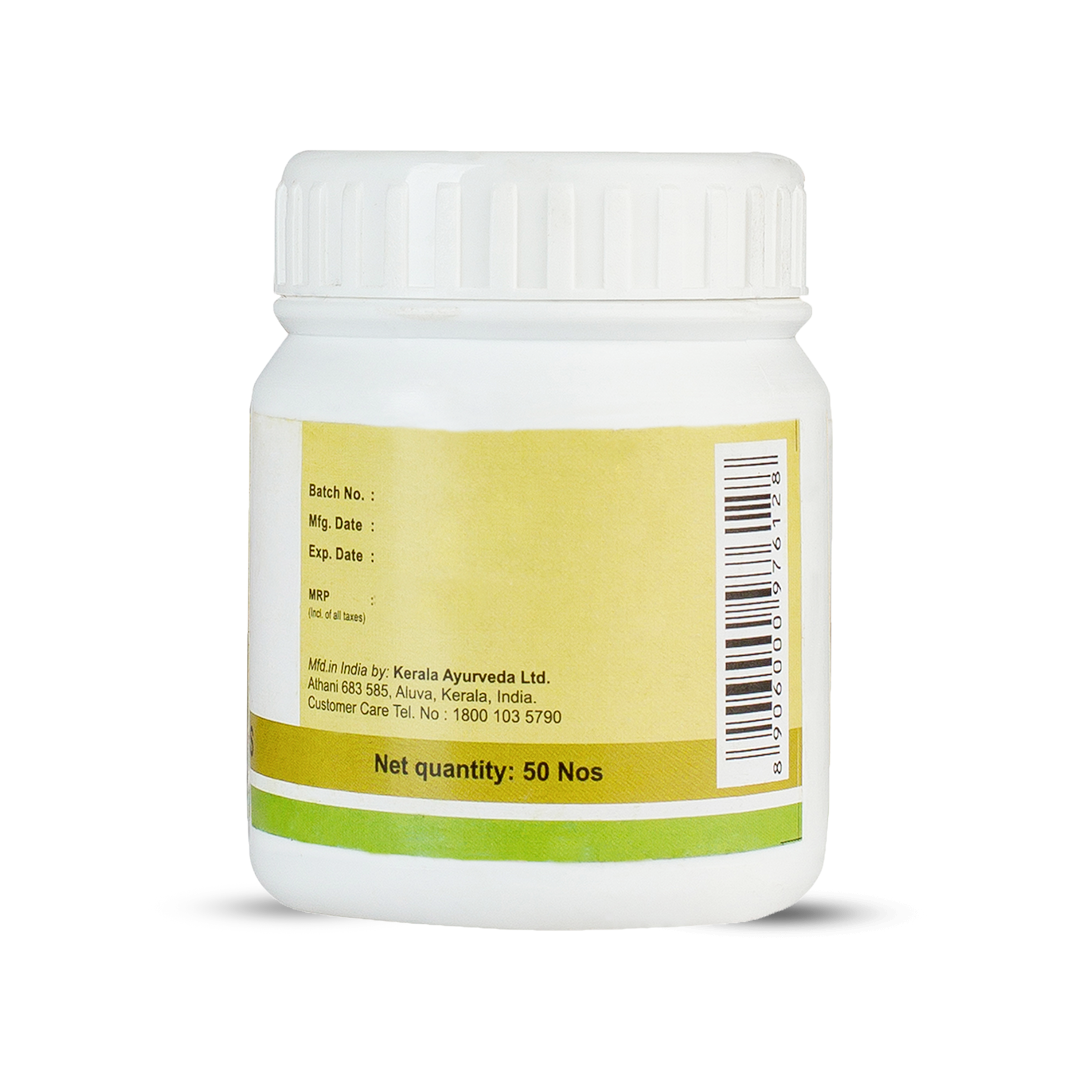Vilwadi Pills (50 nos)
Delivery within 2 to 4 days
Country of Origin: India
Vilwadi pills are used to aid in the Ayurvedic treatment of fevers, poisoning, and metabolic insufficiency. The unique formulation of the medication also makes it an Ayurvedic detox and supplemental medicine for fever.

Key Benefits
Ingredients
How to Use?
- Manufactured by: Kerala Ayurveda Limited, Athani Post, Aluva, Ernakulam District, Kerala – 683585, India
- For Queries, Contact: Customer Care: 1800 103 5790; Address: Athani Post, Ernakulam District, Kerala - 683585, India; E-mail: info@keralaayurveda.biz
Is it necessary to have an account to shop for products on Kerala Ayurveda e-commerce website?
It is not necessary to have an account to shop and purchase products from our website. We recommend you to create an account for a personalized shopping experience.
How do I know my order has been confirmed?
You will receive an e-mail with the order details along with confirmation of the completion of transaction. Also you will get an SMS alert once the product is shipped with the courier details.
Can I order a product that is ‘Out of Stock’?
Products listed as “Out of Stock” are not available for sale. Please write to us at customercare@keralaayurveda.biz requesting for product availability.
How do I pay for a KAL product purchase?
KAL offers multiple payment methods. For all types of online mode of payments, you can be assured that KAL’s trusted payment gateway partners use secure encryption technology to keep your transaction details confidential.
You may use Internet Banking and payment by Visa, MasterCard, Maestro credit/debit cards issued in India.
How do I pay using a credit/debit card
We accept payments made by credit/debit cards issued in India. We accept payments made using Visa, MasterCard and Maestro debit cards.
To pay using your credit/debit card, you will need your credit/debit card number, name of the card holder, expiry date, and three digit CVV number (found on the back side of your card). After entering these details, you will be redirected to the bank’s page for entering the online 3D secure password or the online password or OTP issued by your bank to complete the payment.










